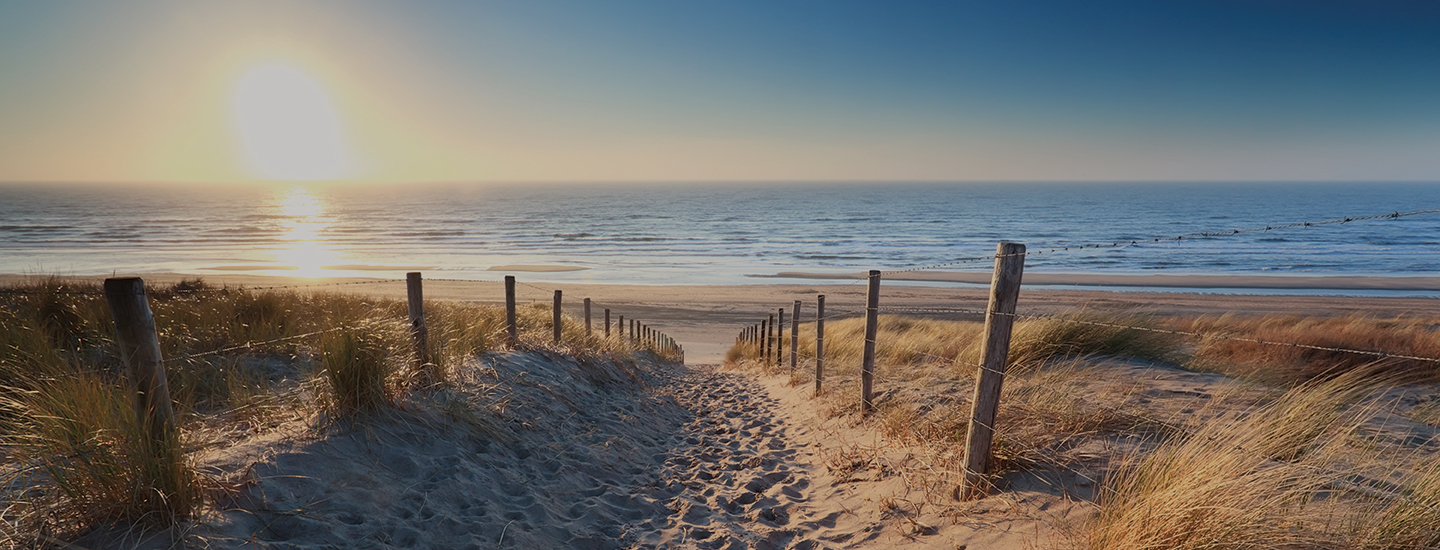
The following is a letter to the editor from Andrew L. Chambarry, the Chair of the Surfrider Foundation’s Jersey Shore chapter.
New Jersey’s beaches are held in trust for the public to enjoy, but private homeowners and local municipalities have regularly attempted to limit access and shut locals out. During the summer months, it is important to keep an eye on your local beach to ensure that public access is maintained and municipalities are not violating the law.

Over the past three years, we have seen problems arising due to the ongoing federal restorations and replenishment projects.
On January 20, 2015, the U.S. Army Corps of Engineers awarded a $38 million contract to Manson Construction to replenish beaches, reconstruct storm water outfalls and implement modifications to an area from Elberon to Loch Arbour.
Approximately 4.45 million cubic yards of sand was pumped onto the beaches along the 3.5 mile area. The project was funded through the 2013 Disaster Relief Appropriations Act (Sandy). The continuing construction projects on the sand closed a number of beach access points due to “public safety concerns” and cause overcrowding on other beaches.
Following the beach restoration, municipalities and private landowners have, and will continue, their attempts to limit parking, close off access points and restrict the public from enjoying the beaches.
Certain towns, like the Borough of Deal, have a history of assaulting public beach access since the borough’s beaches were restored. As the beaches became more appealing to visitors, the Borough attempted to introduce laws restricting parking in favor of beachfront residents.
Efforts by the Surfrider Foundation’s Jersey Shore Chapter and public opposition eventually defeated these laws on three separate occasions. However, Deal now charges a fee to access a beach without bathrooms or amenities.
You can be sure that towns like Deal, and certain beachfront residents, will continue their attempts to keep locals away from “their” beaches.
It is up to the local community to patrol the beaches and know the law. Violations can be reported to the Surfrider Foundation’s Jersey Shore Chapter and the American Littoral Society. Here are a few things to remember when heading to the beach this summer:
A town can charge beach fees to produce revenues necessary to offset legitimate beachfront related expenditures. However, if you are simply walking along the wet sand area below the mean high water line you should not be charged a fee.
Anglers and surfers should not be charged to access public beaches, but they may be subject to restrictions, such as a restriction against fishing at a bathing beach during bathing hours and/or surfing in designated areas only. Surfers can be charged at surf beaches where lifeguards are provided by the municipality.
Non-residents cannot be charged higher fees than residents to gain access to municipal beaches. Borough of Neptune v. Avon by-the-Sea, 61 N.J. 296, 309 (1972).
Unreasonably restrictions on parking will violate the Public Trust Doctrine. Municipal restrictions on parking can also render the municipality ineligible for the federal cost share funding for beach restoration projects, which typically ranges from 65% to 100%.
Municipalities are not required to provide bathrooms at public beaches. However, where such facilities already exist adjacent to a public beach area, municipalities must allow the public to use the accommodations. Hyland v. Borough of Allenhurst, 78 N.J. 190, 196 (1978).
When a beach nourishment project suddenly and obviously adds sand to an existing shoreline, the newly added beach does not belong to or increase the size of the land owned by the upland private property owner. City of Long Branch v. Liu, 363 N.J. Super. 411, 833 A.2d 106 (Law. Div. 2003).
Read more on public access and the law: “A Practical Guide to Beach Access and the Public Trust Doctrine in New Jersey” URBAN COAST INSTITUTE | SUMMER 2017.
